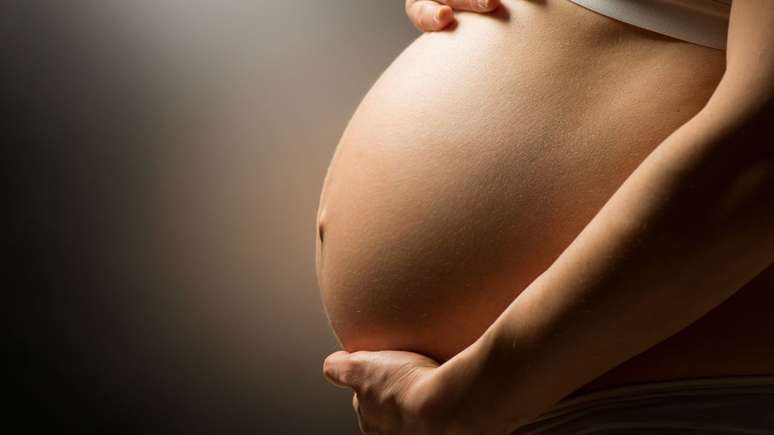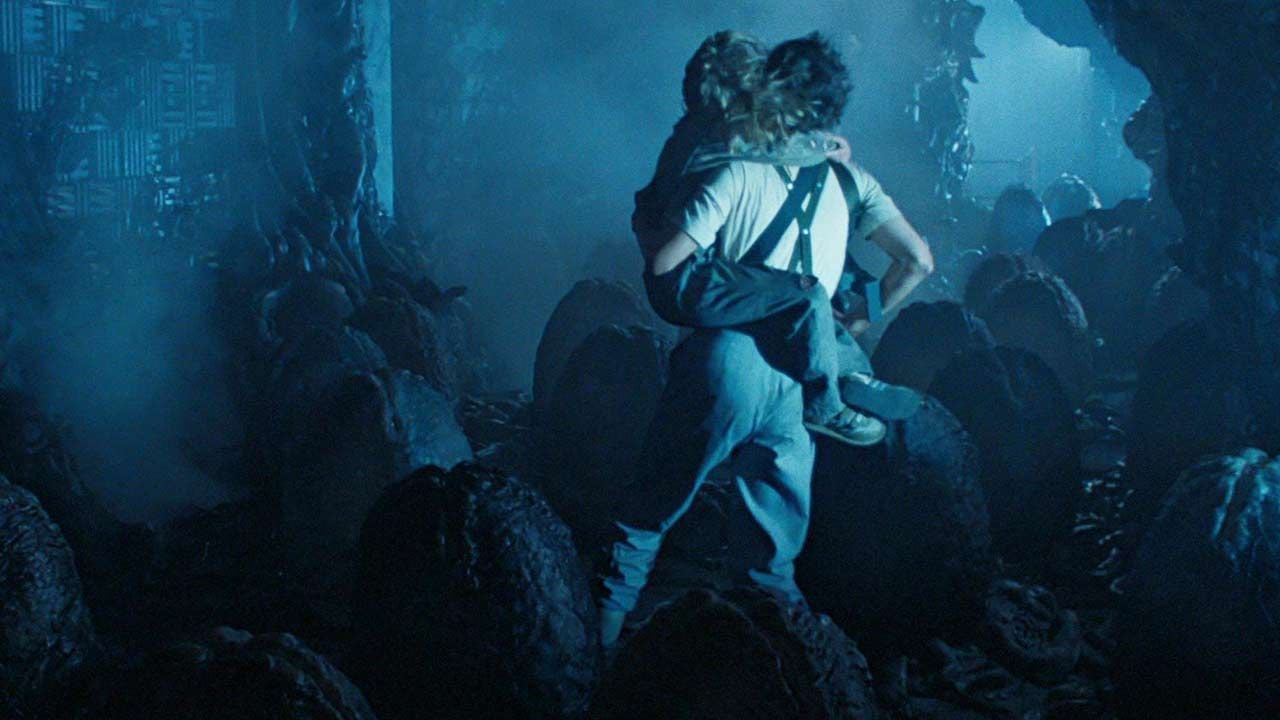The world almost ended due to biological weapons. In the 20th century alone, considered the most warlike period in history, it is estimated that more than 500 million people died from infectious diseases, tens of thousands of which were due to deliberate acts of bioterrorism.
Between November and December 1940, Japan dropped bombs containing bubonic plague fleas on the cities of Changde and Ningbo, China, killing more than 2,000 people – and it wasn’t even the first time the Japanese military used the country as a a target of their secret experiments. This was just a dress rehearsal of what they intended to do by launching an attack on the United States using biological weapons.
If World War II had not ended before the September 22, 1945, Japanese Operation Cherry Blossoms at Night, coordinated by the infamous Shiro Ishii, California would have been hit by a plague epidemic after receiving bombs dropped by the Japanese army . It is difficult to quantify the impact this could have, but considering that the test phase of the operation caused the deaths of over 2,000 people in China, it is possible to imagine the damage that would be done to a city of more than 6 million inhabitants . inhabitants of that time.
But a bioweapon doesn’t necessarily have to be used to do harm and an example of that is that Bill Gates has funded a new biological weapon to eradicate malaria from Africa.
The suffering of Djibouti
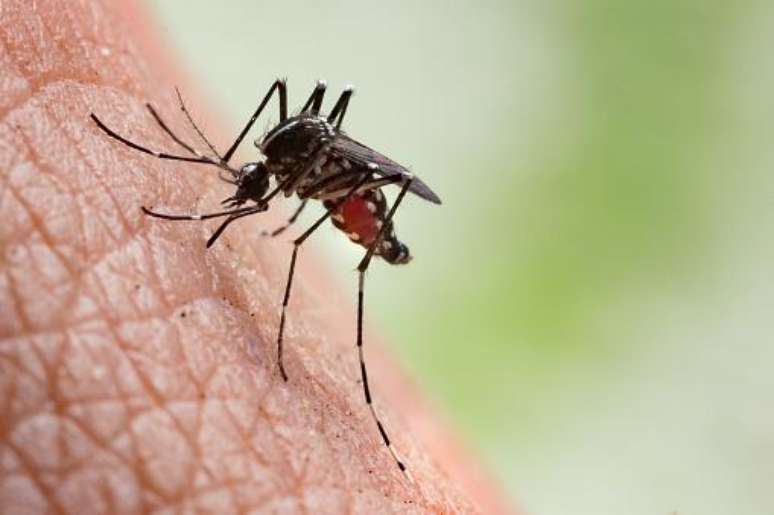
Djibouti is an East African country of just 1 million inhabitants that, for decades, has suffered from one of the continent’s biggest problems: malaria. According to Seth Irish, an entomologist at the World Health Organization (WHO), more than 500,000 people die from the disease in Africa every year, most of them children under the age of 5.
In 2012, the Djiboutian government reported only 27 cases of malaria, but between February and May 2013 the number jumped to 1,228. Eight years later, 73,000 people have been diagnosed with the infection. The epidemic was the result of an invasive mosquito called Anopheles stephensiarrived in Africa from South Asia and the Arabian Peninsula shortly before what is now considered one of the largest movements of malaria vectors in the last 50 years.
The mosquito has also been spotted in Sudan, Somalia and Nigeria, and scientists are confident it could be lurking in other countries. A 2020 study published in Proceedings of the National Academy of Sciences (PNAS) said that if the mosquito goes uncontrolled, an additional 126 million people on the African continent will be at risk of contracting malaria, not to mention the mosquito could bring its threat to more distant regions of the globe.
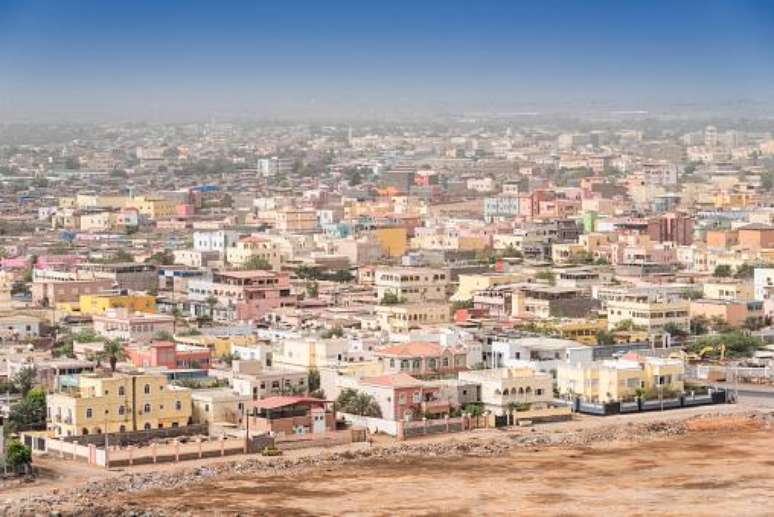
In recent years, Bill Gates, founder of Microsoft and one of the richest people in the world, with a fortune valued at 126 billion dollars, has stood out for having invested in global health. In 2022 alone, he donated $5 billion to the Bill & Melinda Gates Foundation to support his work in global health, development, politics and defense.
Once A. stephensi thrives in urban environments, unlike other malaria-carrying mosquitoes in Africa, Gates’ foundation has decided to support the project of the biotechnology company Oxitec, whose proposal involves the use of genetically modified mosquitoes to fight its fellow carriers of the disease .
A transformative initiative
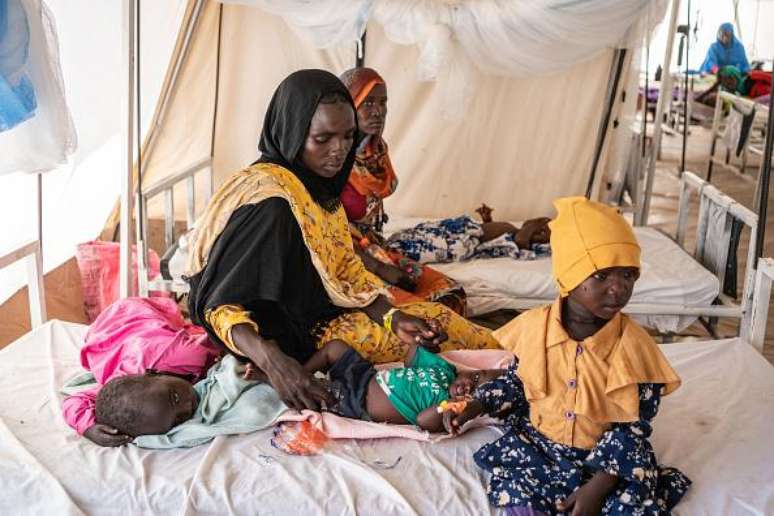
Because only female mosquitoes bite and spread malaria, Oxitec incubated and bred male mosquitoes with a special gene that prevents female offspring from surviving to adulthood. When released into the wild, they mate with wild females, whose genetically modified offspring die. Therefore, all male offspring that are born will survive and begin to mate with other wild females, drastically reducing the mosquito population and, consequently, the spread of malaria. After the mosquito release stops, since half of the gene carriers (females) cannot survive, the modified gene declines until it disappears from the mosquito population.
In light of this groundbreaking innovation, last year, the Government of Djibouti partnered with Oxitec, Association Mutualis and the Djibouti National Malaria Control Program to use this new technology to defeat the mosquito. No Oxitec mosquitoes have been released yet, as the government and the company seek public support to launch the initiative before making any decisions. So far the local support has been excellent.
The Food and Drug Administration (FDA) in 2016 and the Environmental Protection Agency (EPA) in 2022 confirmed that Oxitec mosquitoes pose no threat to humans or the environment. More than 1 billion mosquitoes have been released worldwide, with no negative impacts. In Brazil, new bioweapons technology has already been effective in fighting the mosquito that transmits dengue fever Aedes aegizi.
Source: Terra
Ben Stock is a lifestyle journalist and author at Gossipify. He writes about topics such as health, wellness, travel, food and home decor. He provides practical advice and inspiration to improve well-being, keeps readers up to date with latest lifestyle news and trends, known for his engaging writing style, in-depth analysis and unique perspectives.



